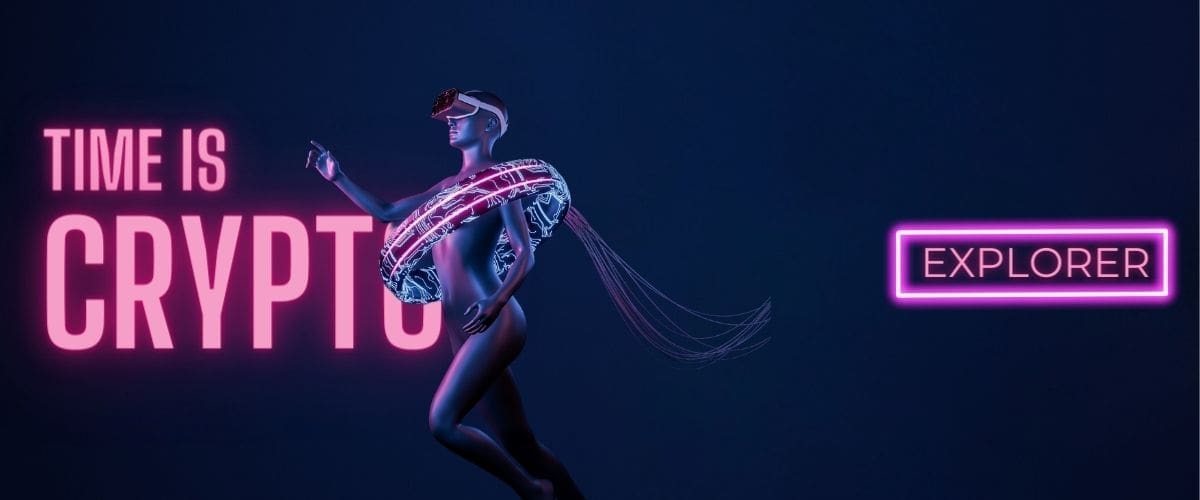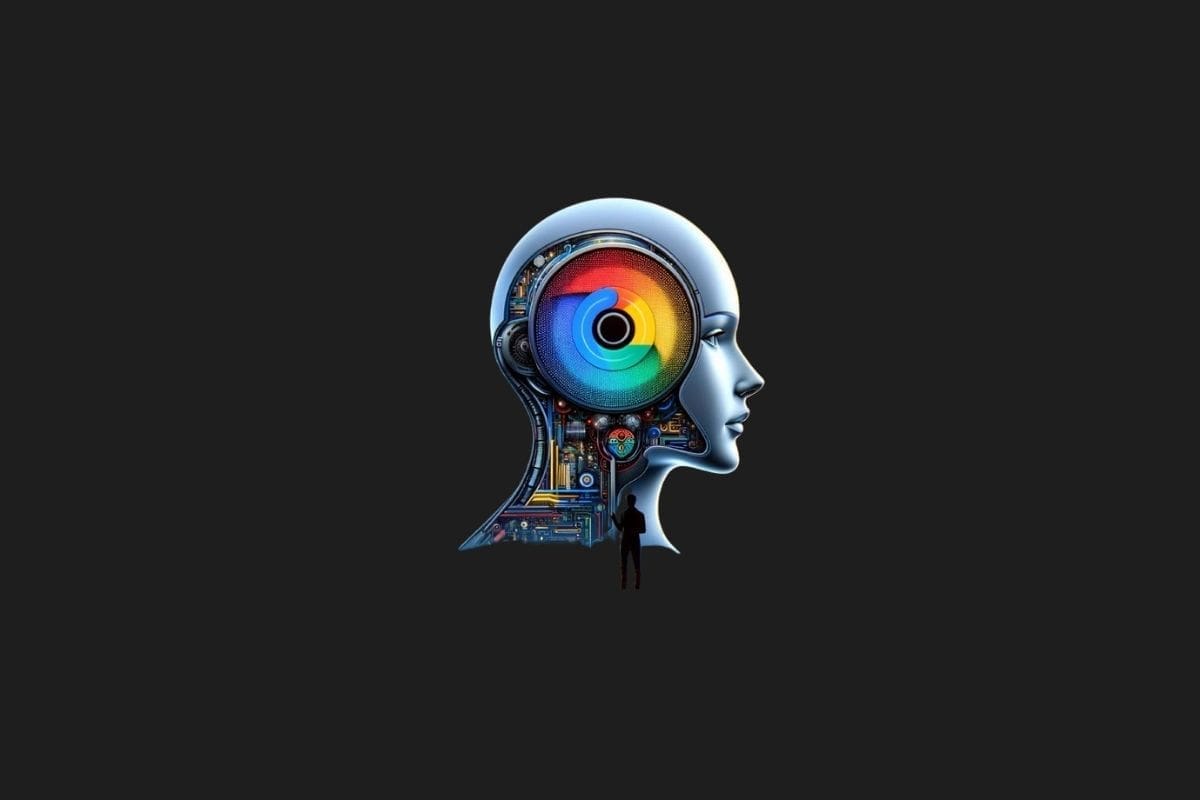Google has declared war on fake images and videos produced by artificial intelligence and is preparing an algorithm update to combat this issue.
Google is planning a significant update to its search engine algorithm. The new update will specifically target fake and misleading content generated by artificial intelligence, affecting the ranking of such content. By doing so, Google aims to prevent the spread of deepfake-generated content.
Google will ignore fake AI images and videos
Although artificial intelligence has only recently entered our lives, fake AI videos and images are already causing significant problems. As you know, it is possible to create a photographically realistic image of someone using artificial intelligence. Many AI tools have measures to prevent the creation of fake images of celebrities. However, these tools were unable to prevent the occurrence of pornographic deepfakes of Taylor Swift.
AI tools have previously produced fake images of the Pope and former US President Trump. Currently, AI tools do prevent the production of fake images and videos of celebrities. Despite these efforts, Google will update its algorithm to further prevent the spread of fake images and videos created by AI.
With this update, websites that share and disseminate deepfake images and videos produced by AI will drop to the bottom of search results. Google is expected to focus on images of individuals created with AI. However, it is unclear whether Google will only target fake AI images of public figures or all deepfakes in searches. Google believes that this update will reduce the circulation of fake AI-generated images and videos by 70 percent.
Even if Google blocks such fake AI content, these images can still spread on social media platforms. Social media sites and apps have begun to filter deepfake images more rigorously after the Taylor Swift incident. However, these filters generally block fake images of famous people.
Currently, AI video production tools do not offer extensive capabilities. While these tools are still in their infancy, they have the potential to cause similar problems in the future. The main issue is with applications that modify existing videos to produce fake content. It remains to be seen how Google and social media applications will fully prevent such fake content.
Do you think that lowering the ranking of deepfake images and videos created with AI will prevent the spread of this content? We look forward to your comments.
You may also like this content
- Meta Building World’s Fastest AI Supercomputer for Metaverse
- Artificial Intelligence Will Make Decisions Instead Of People
- Bill Gates: Artificial Intelligence Over Web3 and Metaverse

